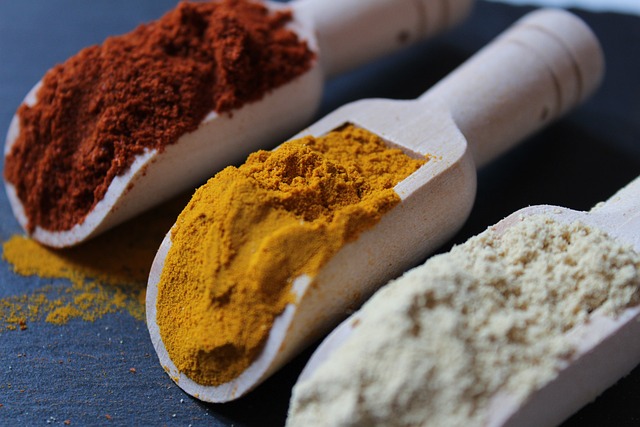-By: Bhavisha Changrani
For centuries, spices have been more than just flavor enhancers in our kitchens. They’ve played crucial roles in traditional medicine, valued for their potent healing properties. Today, modern science is catching up, confirming what ancient cultures have long known: spices are packed with compounds that offer a remarkable range of health benefits.
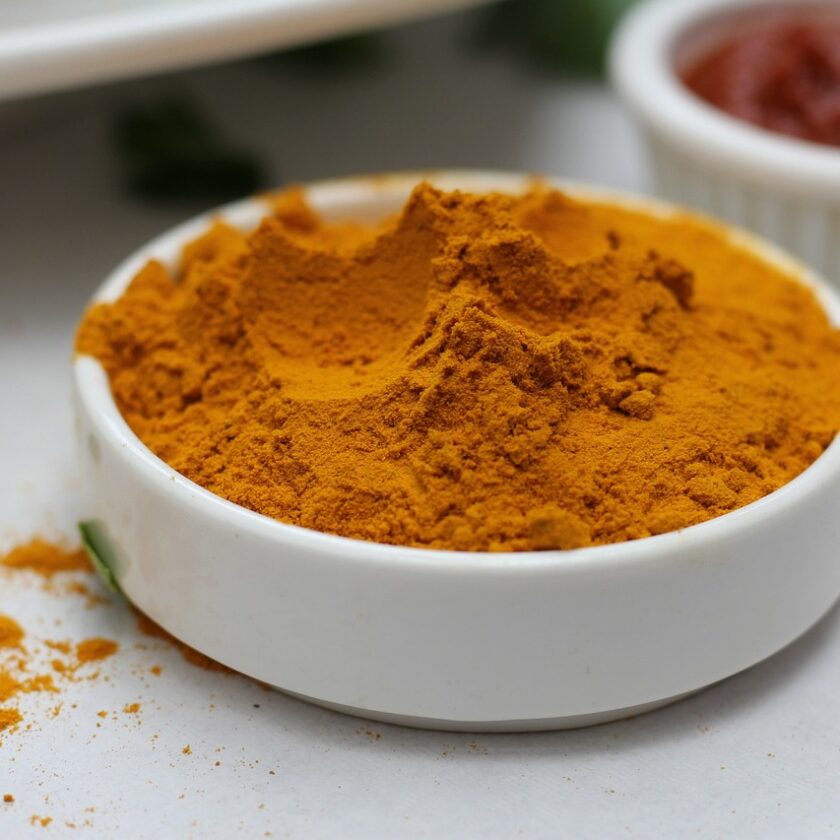
Beyond Flavor: The Nutritional Powerhouse of Spices
Spices are derived from various parts of plants, including roots, bark, seeds, and fruits. They’re concentrated sources of antioxidants, vitamins, and minerals, often exceeding the nutritional content of common fruits and vegetables per serving. While we typically use them in small quantities, their cumulative effect can significantly impact our overall health.
Key Health Benefits of Spices
Here are some of the most prominent health benefits associated with regular spice consumption:
Powerful Antioxidant Properties
Many spices are rich in antioxidants, which protect our cells from damage caused by free radicals. This damage is linked to aging, chronic diseases like cancer and heart disease, and inflammation. Spices like cloves, cinnamon, oregano, and turmeric boast particularly high antioxidant levels.
Anti-Inflammatory Effects
Chronic inflammation is a root cause of many health problems. Several spices possess potent anti-inflammatory properties that can help reduce inflammation throughout the body. Turmeric (containing curcumin), ginger, and cloves are particularly effective in this regard.
Improved Digestion
Spices can stimulate digestive enzymes, promoting better digestion and nutrient absorption. Ginger, cumin, and cardamom are known to aid digestion, reduce bloating, and relieve nausea.
Blood Sugar Control
Some spices have shown promise in helping regulate blood sugar levels, which is crucial for preventing and managing type 2 diabetes. Cinnamon, fenugreek, and turmeric have demonstrated positive effects on blood sugar control in studies.
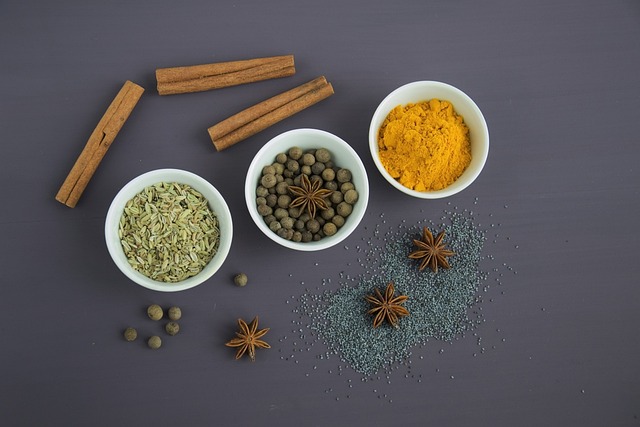
Heart Health Support
Certain spices can contribute to cardiovascular health by lowering cholesterol levels, improving blood pressure, and reducing blood clotting. Garlic, ginger, and cinnamon have been linked to these heart-protective benefits.
Immune System Boost
Spices contain compounds that can strengthen the immune system, helping the body fight off infections and illnesses. Garlic, ginger, and turmeric are known for their immune-boosting properties.
Potential Cancer-Fighting Properties
Some studies suggest that certain spices may have anti-cancer properties, inhibiting the growth and spread of cancer cells. Turmeric (curcumin), ginger, and cloves are being investigated for their potential role in cancer prevention and treatment.
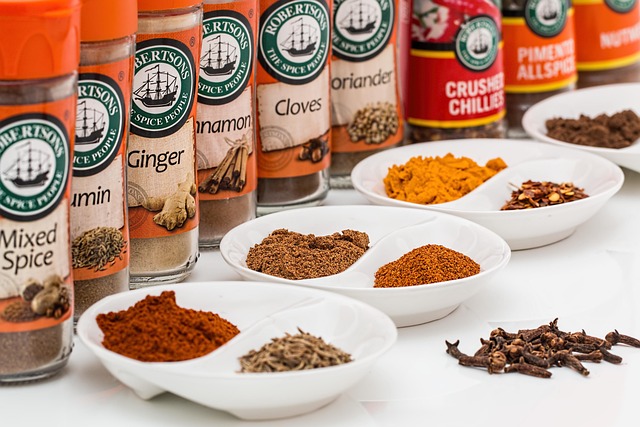
Brain Health Benefits
Some spices, like turmeric (curcumin), have shown promise in protecting against age-related cognitive decline and improving brain function.
Examples of Spices and Their Specific Benefits
Turmeric (Curcumin)
Powerful anti-inflammatory and antioxidant; potential benefits for arthritis, heart health, and brain health.
Ginger
Aids digestion, reduces nausea, anti-inflammatory; may help with pain relief and blood sugar control.
Cinnamon
May improve blood sugar control, antioxidant, anti-inflammatory; may lower cholesterol levels.
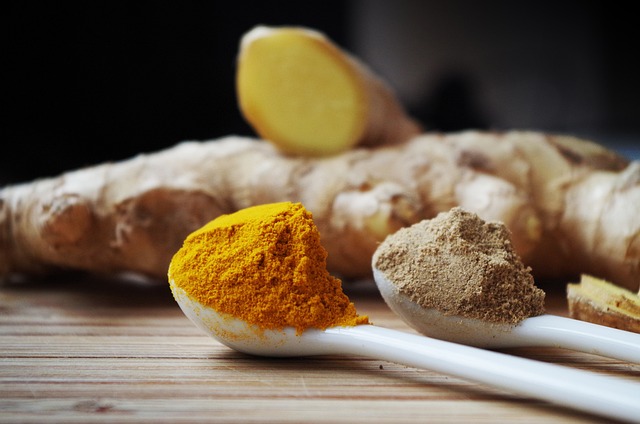
Garlic
Supports heart health, boosts the immune system, antibacterial; may lower blood pressure.
Cloves
High in antioxidants, anti-inflammatory, antimicrobial; may help with oral health.
Cumin
Aids digestion, antioxidant, may improve blood sugar control.
Chili Peppers (Capsaicin): May boost metabolism, pain reliever, may improve heart health.
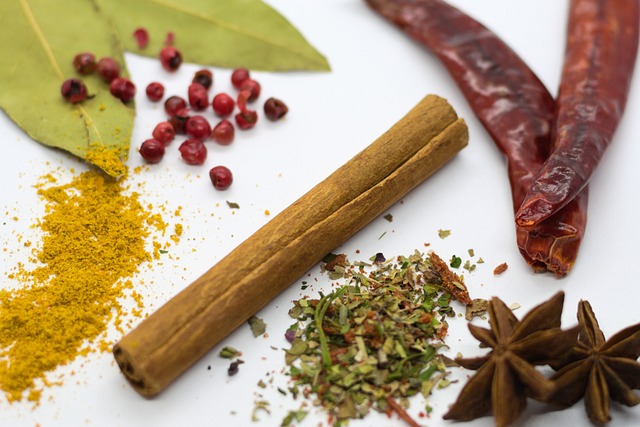
Incorporating Spices into Your Diet
Adding spices to your diet is easy and delicious. Here are some tips:
Experiment with different flavors
Don’t be afraid to try new spices and combinations.
Use fresh and dried spices
Both offer health benefits, but fresh spices tend to have more intense flavors.
Add spices to your cooking
Incorporate spices into your everyday meals, such as soups, stews, curries, stir-fries, and roasted vegetables.
Use spices in marinades and rubs
Enhance the flavor and health benefits of meats, poultry, and fish.
Make spice blends
Create your own unique spice blends for specific dishes.
Add spices to beverages: Spice up your tea, coffee, or smoothies.
A Word of Caution
While spices are generally safe for consumption, it’s important to use them in moderation. Some spices can interact with certain medications, so it’s always best to consult with your doctor if you have any concerns.
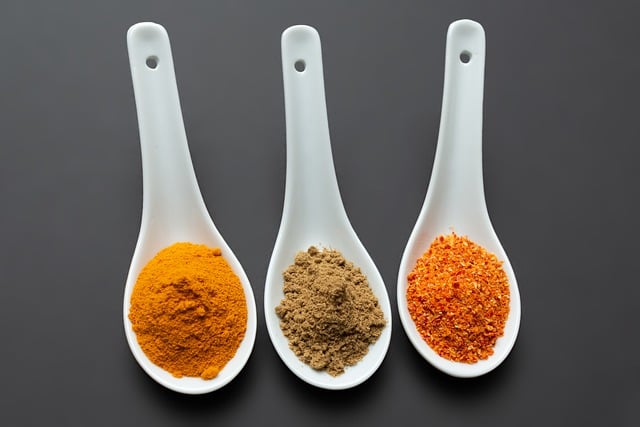
The Bottom Line
Spices offer a wealth of health benefits beyond their culinary uses. By incorporating a variety of spices into your diet, you can enhance the flavor of your food while boosting your overall health and well-being. So, embrace the power of spices and spice up your life!

